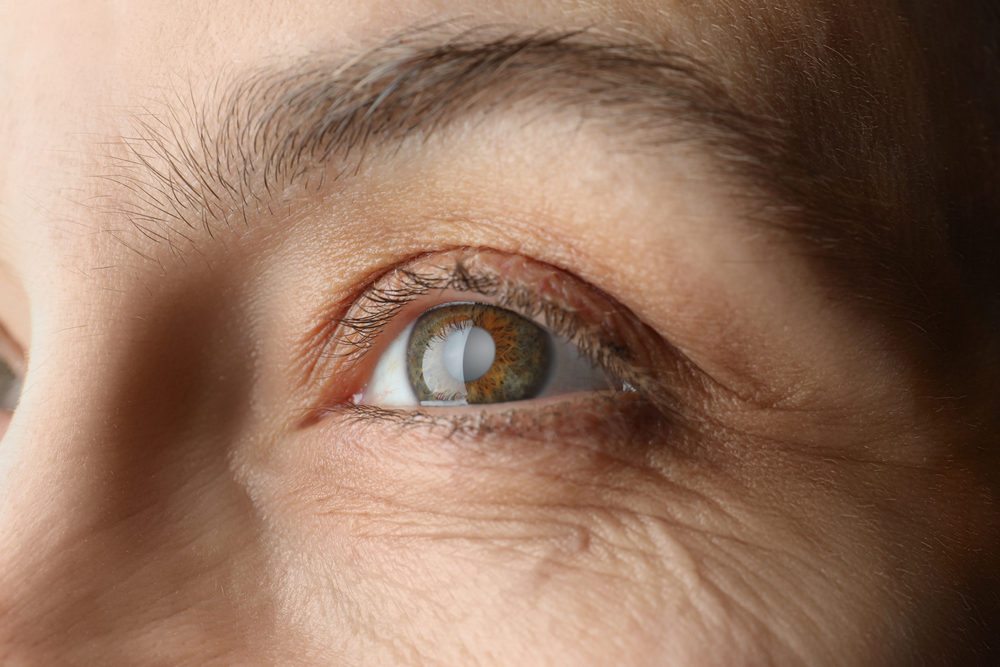 The eye’s natural lens is normally clear. The lens bends incoming light and focuses it to help you see. A clear lens facilitates crisp, clear vision.
The eye’s natural lens is normally clear. The lens bends incoming light and focuses it to help you see. A clear lens facilitates crisp, clear vision.
A clouding of the eye’s natural lens is called a cataract. Cataracts are a progressive condition. This means that if the cataracts are not treated, they will continue to worsen and affect your vision.
Wiles Eye Center offers quality cataract removal surgery. Here, our knowledgeable ophthalmologists discuss how cataracts affect your vision.
Blurred Vision
Cataracts can affect your vision in a number of ways. Notably, as cataracts spread across the eye your vision may become cloudy. It may look like you are seeing through a film or a foggy window. Your vision will most likely become progressively blurred over time.
Light Sensitivity
Cataracts can also make you sensitive to light. You may notice that your vision is especially affected in bright sunlight or in brightly lit rooms. Lamps that you used to be comfortable using may seem too bright.
Glare Around Lights
Cataracts can also cause glare or halos around lights. You may notice that when you are out at night street lights or car headlights cause a glare and/or have a halo.
Colors Appear Faded
One surprising effect of cataracts is that they can affect the way you see color. Colors may appear dull or faded. As the cataracts progress it may become difficult to distinguish colors.
Trouble Seeing in Low Light
Cataracts can make it difficult to see in low light. You may notice that you need a brighter reading light in dimly lit rooms.
Trouble Driving at Night
Cataracts can make it difficult to drive at night. This is due to the glare and halos around lights. You may struggle with glare from the headlights of oncoming traffic or from streetlights.
Double Vision
Sometimes cataracts can make you see double. This means that you have double vision out of the eye being affected by the cataract.
Second Sight
One surprising feature of cataracts is that they can actually improve vision … temporarily. This phenomenon is called “second sight” and refers to the temporary improvement of distance vision due to cataracts. If a patient is farsighted, they may notice that their near vision is temporarily improved.
Schedule an Appointment
Are cataracts affecting your vision? Call (816) 279-7015 to schedule an appointment at Wiles Eye Center in St. Joseph, Missouri or call (816) 455-2020 to schedule an appointment at our Kansas City, Missouri location.

Comments are closed here.